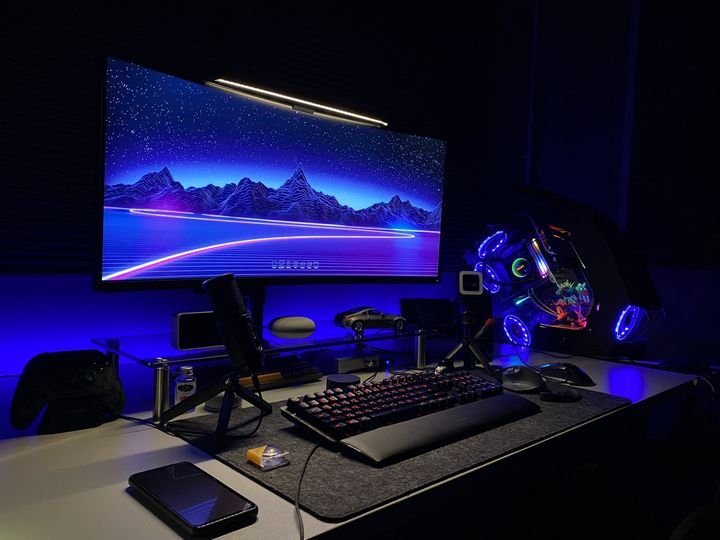
With the rise of remote work and freelancing, It’s essential to have the necessary soft digital skills, or in this context, soft digital skills in order to to succeed in this environment as most of the repeat jobs you’ll get will be highly dependent on them
? What are Soft Digital Skills?
Soft skills are personal attributes that enable individuals to communicate effectively, work well with others, and perform their job duties with effectively.
Here are some of the most common soft digital skills needed for remote work:
? 1. Communication:
No one should be reminded of this, but let’s hear it again regardless.
Effective communication is key to remote work success.
You need to be conversant and comfortable with various communication tools and platforms, such as
– Gmail or Yahoo mail for email
– WhatsApp or Telegram for instant messaging
– Zoom or Google Meets for video conferencing
– Trello, Teamgantt or Jira for Project management.
You must also know how to convey your ideas clearly in both written and spoken formats.
? 2. Time management:
When working remotely or as a freelancer, you need to manage your time effectively.
You must be able to prioritize tasks, set deadlines, and work independently without constant supervision from your client or bosses.
Having good time management skills ensures you meet your deadlines and deliver projects on time.
?3. Collaboration:
Working remotely does not mean working alone.
Collaboration is a vital aspect of remote work, and you need to be proficient in using collaboration tools to work effectively with your team.
You must know how to share files, co-author documents, and collaborate in real-time with your colleagues.
Some collaboration tools you should get conversant with are:
– Google workspace: to collaborate on documents, spreadsheets, and presentations in real-time with your colleagues. Everyone involved can edit and save.
– Dropbox: You can also use Dropbox Paper, a collaborative writing tool, to work on documents with your team.
– Slack: Slack is a popular messaging platform that allows you to communicate with your colleagues in real-time. It also includes features such as file sharing, collaboration on documents, and integration with other tools.
– Trello: Trello is a project management tool. With Trello, you can create boards, assign tasks, and track progress, all while collaborating with your team in real-time.
? 4. Technical proficiency:
Remote work requires a basic understanding of various technologies, such as video conferencing software, cloud-based storage, and project management tools.
You need to be comfortable with technology and able to troubleshoot common technical issues that may arise.
The best bet here is to learn the problem side of every tool you use. Be ahead with your knowledge.
? 5. Adaptability:
As you may already know, remote work environments has the ability to change rapidly, so you need to be able to adapt and adjust to the continuous changing circumstances.
You must be able to learn new software tools and technologies quickly and be able to take up to speed with new workflows and processes.
Capcut & Inshot came into the video scene and nobody is talking about Vivavideo, Videoshow or the rest of the others.
Canva came in and some others are loosing relevance.
Learn how to adapt.
As remote work continues to grow in popularity, it’s highly advised that you have these skills to succeed in our Digital Nomadic environment.
If you don’t have a digital skill and wish to get one, kindly see the courses available on DEXA




This is accurate leaning, nicenthusiasm.
This is really nice.
Looking forward to a great learning period.
Already enthusiastic. looking forward to participatory learning
Interesting and educating course.
I love DEXA. The course outline is great looking forward to successful learning